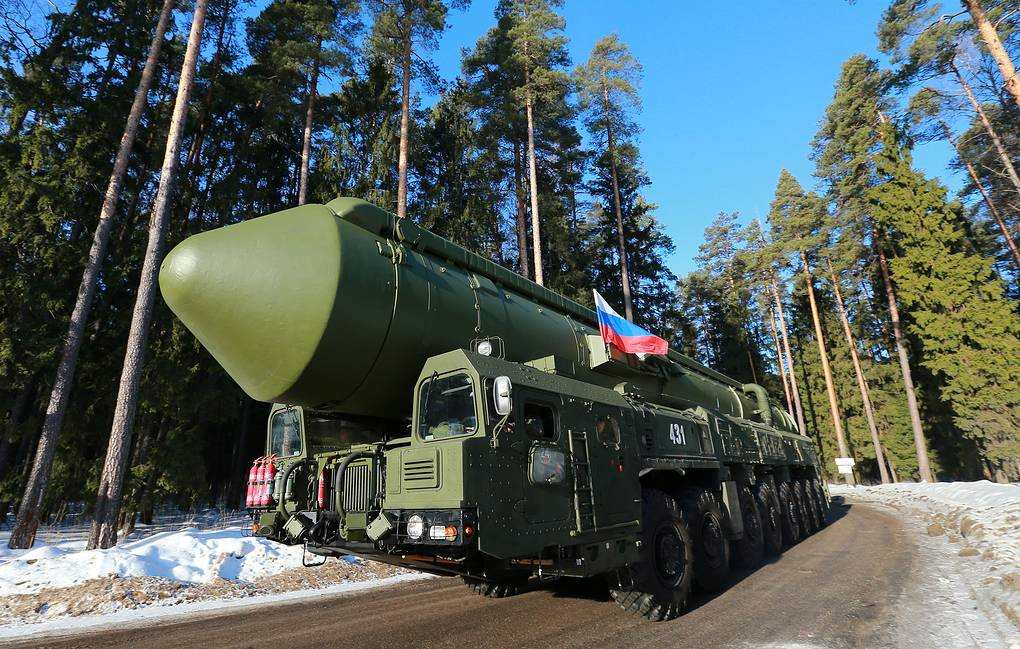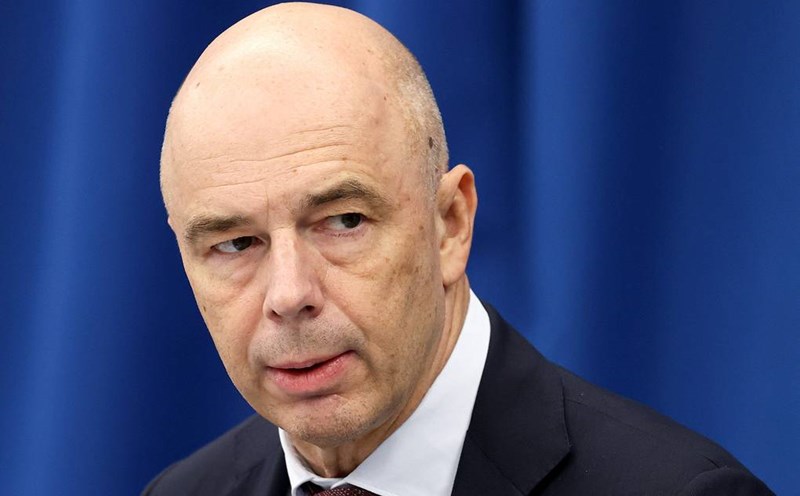Russia is ready to continue to comply with the new Strategic Assault Coefficient (New START - New START Treaty) for another year after the document expires on February 5, 2026 - President Vladimir Putin announced on September 22 at a meeting with the Russian Security Council.
Mr. Putin emphasized that leaving the final treaty between Russia and the US on limiting nuclear weapons behind would be " miss and impenetrable", and warned that this move could have a negative impact on the goals of the nuclear Non-Proliferation Treaty (NPT).
According to the Russian leader, the New START - signed in 2010 - has long played a central role in stabilizing relations between the two countries that possess the world's largest nuclear arsenal. Although Russia has announced a temporary suspension of its participation in the treaty from 2023 in response to US military aid to Ukraine, Moscow has maintained its prescribed limits.
To avoid triggering a strategic arms race and maintain an acceptable level of predictability and restraint, Russia is ready to continue to comply with the central limits of the New START for another year after February 2026, Putin affirmed.

However, he stressed that this was a voluntary move and could only be maintained if Washington does not make moves to disrupt the strategic deterrent balance. Russia will also closely monitor plans to expand missile defense systems as well as other US moves, and will have a corresponding response if an imbalance is detected.
From Washington, Mr. Daryl Kimball, Executive Director of the Association for Arms Control (ACA), commented that Russia's proposal is a "positive step" that could help the two countries avoid an expensive arms race and create more time for negotiations on a new, more comprehensive treaty.
He called on President Donald Trump to quickly agree with Mr. Putin's proposal and reopen negotiations, not only on strategic nuclear limitations but also extending to medium-range, non- strategic nuclear weapons, missile defense and conventional long-range attack systems.
The New START Treaty, signed in 2010, limits the number of strategic nuclear warheads deployed by each side to 1,550. The treaty originally expired in 2021 but was extended by 5 years to 2026. This is the final remaining document in a series of bilateral nuclear arms control treaties that have played a pivotal role in stabilizing Russia-US relations for decades.
With the new move, Russia has signaled to keep the "last brake" on the global nuclear arsenal, but the ball is still in the feet of the US: Will Washington accept this opportunity to cool down tensions, or to officially end the historic treaty?








